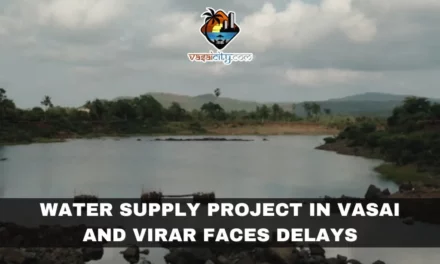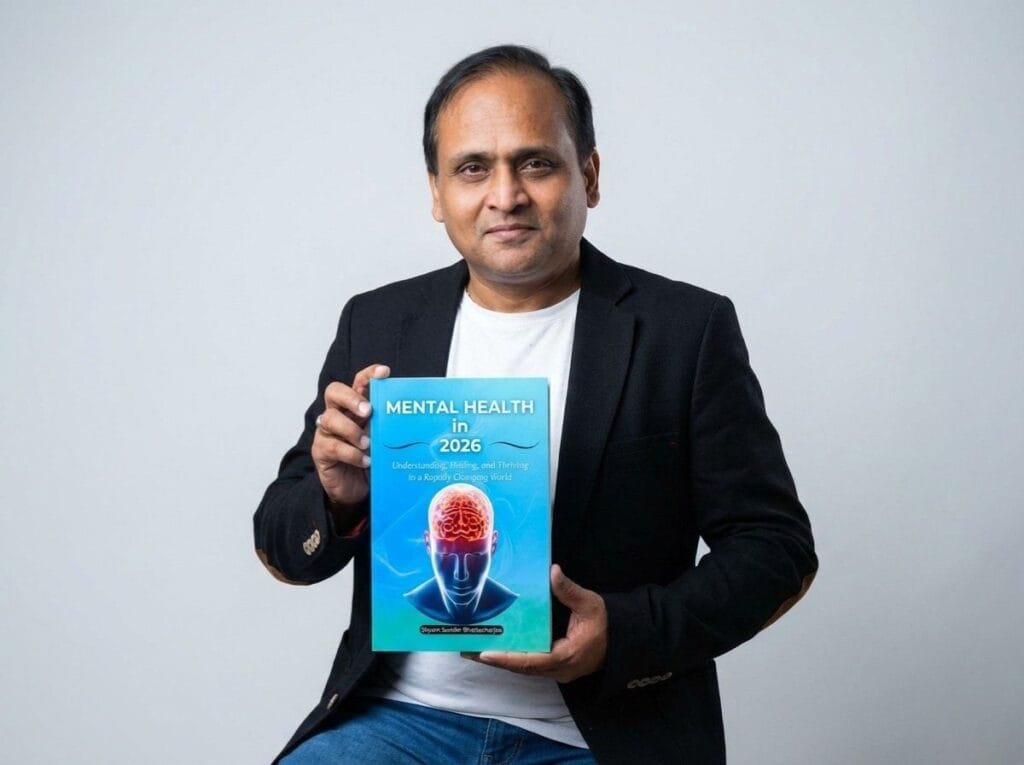In a significant move, municipal authorities in Vasai-Virar have directed all specialized hospitals and nursing homes to take responsibility for providing blood when needed. The order, issued by the health department of the Vasai-Virar Municipal Corporation, mandates these healthcare institutions to maintain a dedicated blood bank facility.
In response to the increasing demand for blood transfusions, especially in major healthcare facilities in Vasai-Virar, the municipal authorities have taken a step towards ensuring a steady supply of blood. Additionally, special blood donation camps are being organized to meet the requirements of blood transfusions and maintain an adequate blood reserve.
The city of Vasai-Virar has witnessed a substantial increase in blood donation drives recently. Hospitals with in-house patients are now expected to manage and facilitate blood transfusions for their patients. This has led to a closer connection between patients and their blood donors, with hospitals actively encouraging immediate family members to step forward in times of need. The seriousness of the matter has prompted municipal health officials to intervene and issue notices to all specialized hospitals and nursing homes, emphasizing their responsibility to integrate with blood banks and ensure a seamless supply of blood.
The Maharashtra Nursing Home Registration Act of 1949 and the Maharashtra Home Registration Notification Rules of 2021, in rule 11(N), necessitate the inclusion of blood banks in healthcare institutions for blood transfusions. Dr. Bhakti Choudhary, Chief Medical Officer of the municipality, highlighted the importance of this mandate. “When a patient requires a blood transfusion due to a medical emergency, it becomes the responsibility of the healthcare facility to provide the required blood promptly,” she stated.
To streamline the process and make blood available when needed, the municipality has initiated a plan that includes organizing blood donation camps across the city. These camps not only serve as a source of blood but also aim to raise awareness among the public about the importance of voluntary blood donation. The municipality is actively disseminating information to create public awareness, and guidelines have been issued to healthcare institutions to report their blood availability regularly.
The emphasis on blood donation comes as a response to the growing demand for blood in critical situations. Hospitals are now encouraged to collaborate with blood banks and ensure that their blood supply is adequate to meet the needs of their patients. The municipal authorities are taking proactive steps to ensure that all healthcare institutions comply with the directive, emphasizing the importance of maintaining a consistent and reliable blood supply.
In conclusion, the municipality’s decision to shift the responsibility of blood donation to healthcare institutions is a strategic move to address the rising demand for blood in Vasai-Virar. The organized blood donation camps and awareness initiatives aim to create a sense of responsibility among the public and reinforce the importance of voluntary blood donation in sustaining the healthcare system. As this initiative unfolds, it is expected to strengthen the bond between healthcare facilities and their communities, fostering a sense of collective responsibility for the well-being of the residents of Vasai-Virar.










